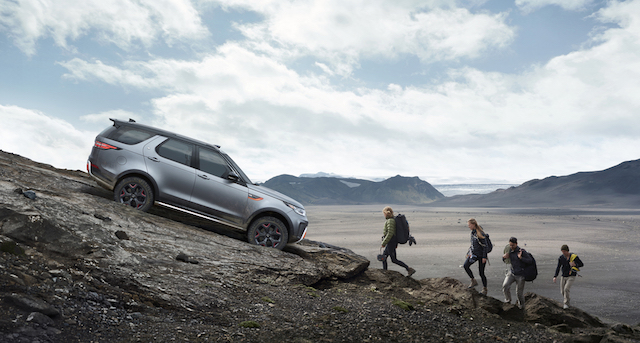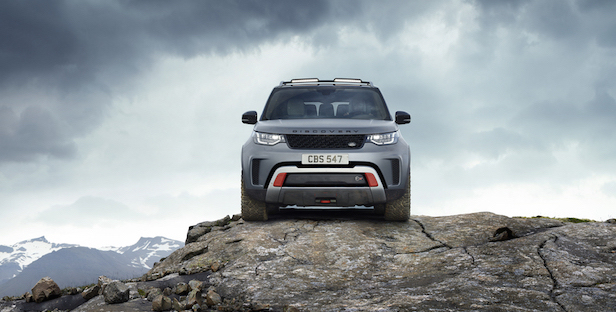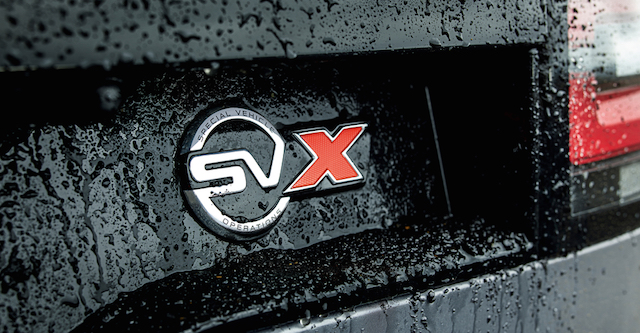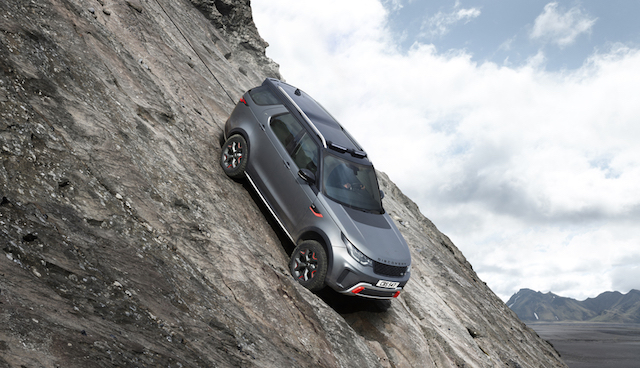
Jaguar Land Rover has defended its diesel engine technology after criticism of the fuel from the founder and director of Clean Air London, Simon Birkett.
“Diesel is the devil, and we do need to ban it,” Birkett told a panel of automotive experts at the inaugural Jaguar Land Rover Tech Fest, a three-day event in London highlighting the carmaker’s future technology.
On the panel was Iain Grey, head of powertrain development for Jaguar Land Rover. The British company has committed to electrifying all its diesel and petrol vehicles from 2020, making only mild-hybrids, plug-in hybrids and battery-electric models.
Australian-born Birkett, 57, a former banker said: “The more complex questions are: which vehicles; where; when; and how. That is much more complicated – it’s about providing the infrastructure, doing the sort of things Jaguar Land Rover is taking the lead on.
“It’s about some bans, some charging, some public education campaigns and some incentives. We are already finding there are a lot fewer people who would choose a diesel vehicle as their next vehicle.”
Grey said electrification supplemented Jaguar Land Rover’s Ingenium family of diesel and petrol engines. “We’re hybridising those engine technologies in different ways. Absolutely we see a future for the Ingenium engine family and the Wolverhampton manufacturing facility,” he said.
“Fundamentally, when you look at the technology a diesel engine can provide in today’s tech, we’re looking at an engine that can achieve a comparable level of NOx (nitrous oxide) emissions compared to a petrol engine, but will consistently deliver 20 to 25 per cent better fuel consumption, and therefore lower CO2 emissions.
“When we look at these Euro 6 engines that we use, that employ after-treatment technologies such as selective catalytic reduction and diesel particulate filters – the combination of those two reduce the NOx and emissions to a point where you can be confident you’re driving a ‘clean diesel’,” Grey said.
“When you consider that we have to look at both the global warming picture and the localised air quality picture, the combination of those two things together means the diesel engine is absolutely a valid choice.
“But one of the key things from our perspective is we’re engineering petrol solutions, diesel solutions, fully electric solutions. All of our diesel and petrol versions will be hybridised in the future as well.
“We’re engineering the full gamut of systems to allow the customer the choice, to make sure the customer can make the right decision for their particular circumstances,” Grey said.
Jaguar’s first battery-electric vehicle is the I-Pace SUV, expected to land in New Zealand later next year. Land Rover offers in some markets mild-hybrid versions of the Range Rover Sport and Range Rover Vogue.
Meanwhile, Land Rover has unveiled its Discovery SVX at the Frankfurt motor show, dubbing it the “most extreme Land Rover yet, with go-anywhere capability – increased ground clearance, body and suspension lifts, more wheel articulation and large all-terrain tyres.”
The SVX is built by Jaguar Land Rover’s Special Vehicle Operations centre and production starts next year. Jaguar Land Rover NZ general manager Steve Kenchington says the Discovery SVX is an exciting proposition for New Zealanders.
“We know our customers love their Discoveries but this takes it to the next level and rounds off a solid offering of SVX product with stablemates like the Range Rover Sport SVR and Jaguar F-Type SVR when production begins next year,” he said.
The Discovery SVX is powered by a supercharged 5.0-litre V8 petrol engine delivering 387kW and 625Nm of torque and driving all four wheels via an eight-speed automatic transmission.
The twin-speed transfer box is aided by centre and rear diff lockers. An updated Terrain Response system helps to optimise traction on all surfaces.
Said SVO director Mark Stanton: “Discovery SVX is designed to reward off-road driving enthusiasts with the next level of all-terrain capability, without compromising comfort and practicality.”
.



